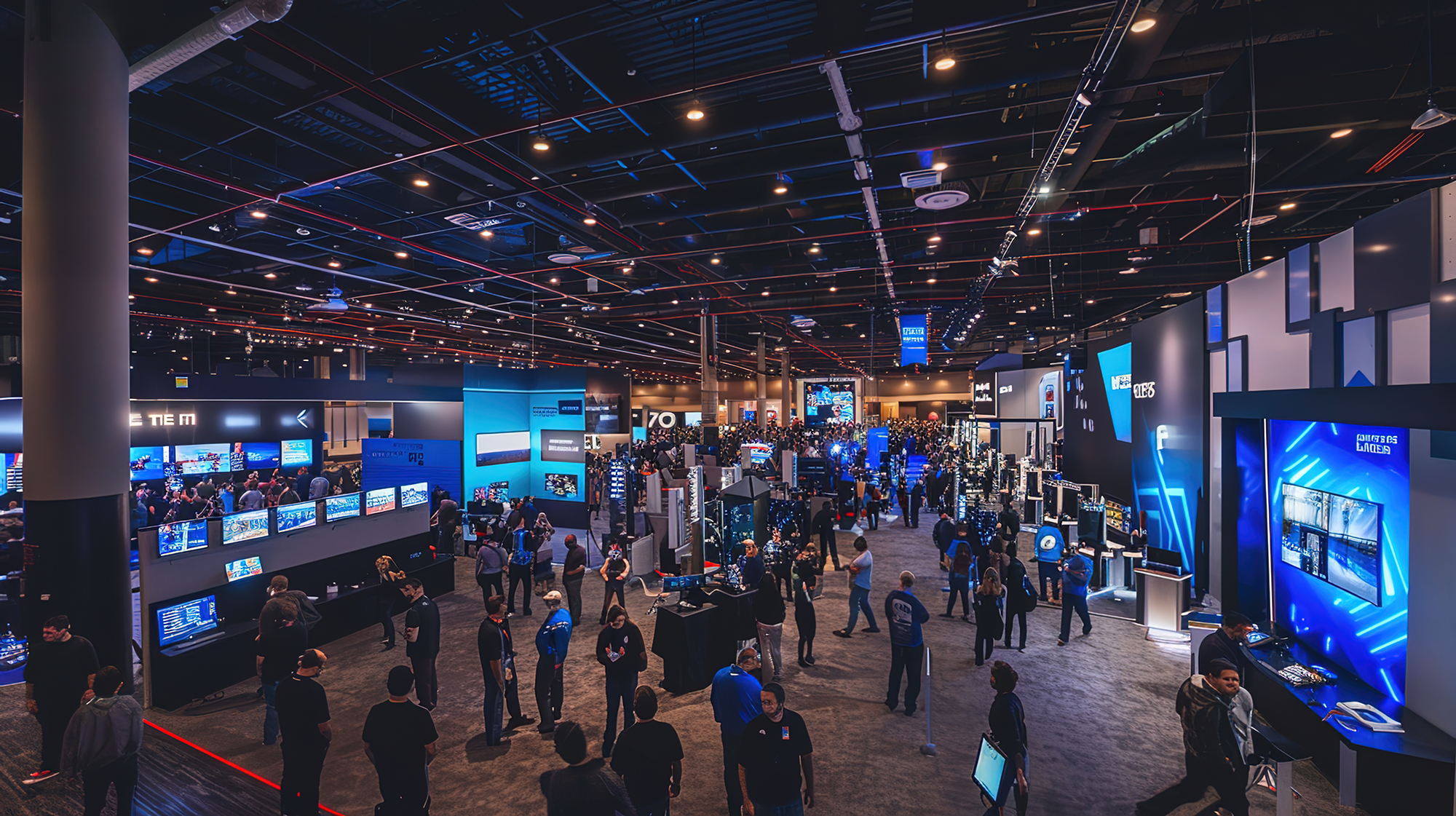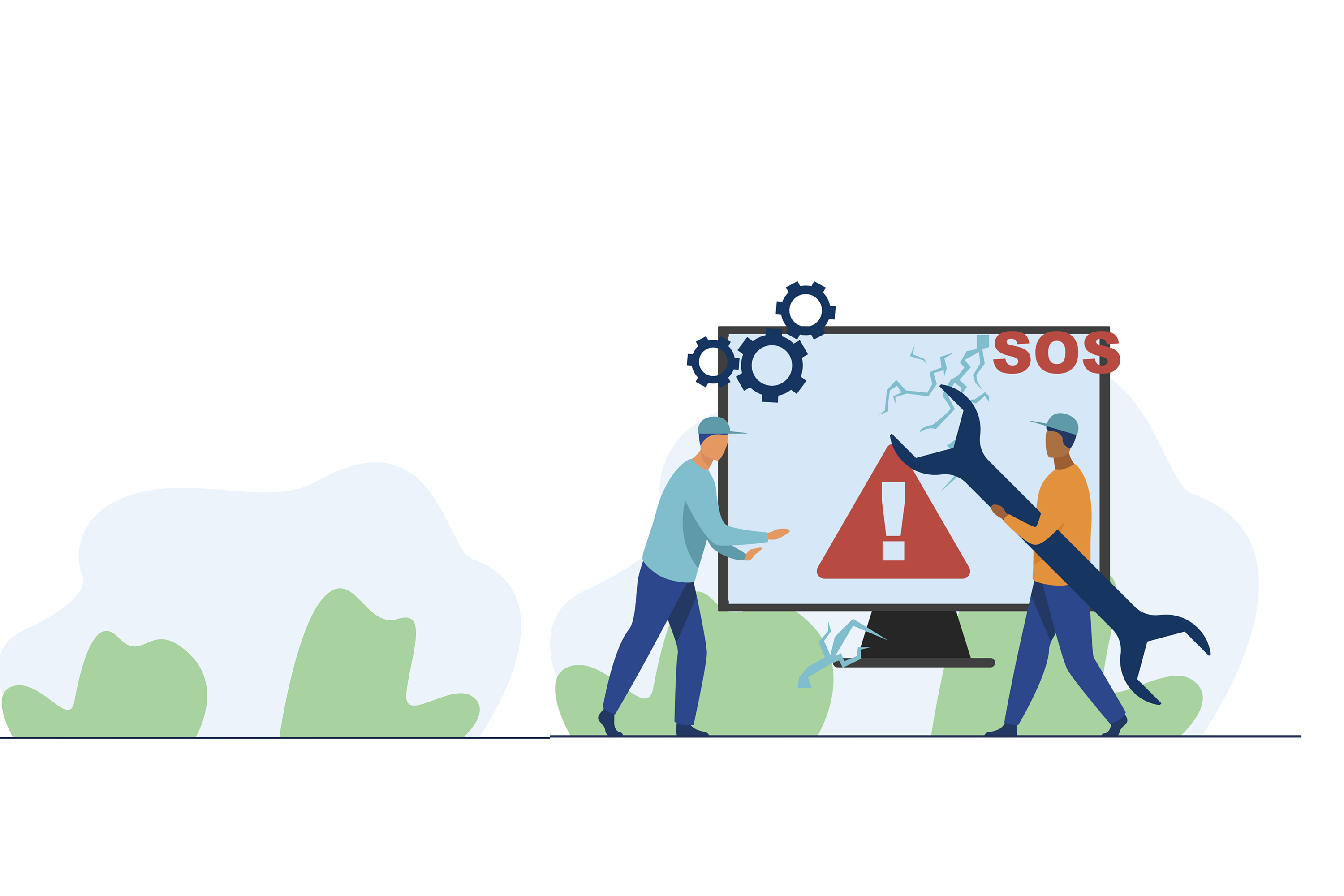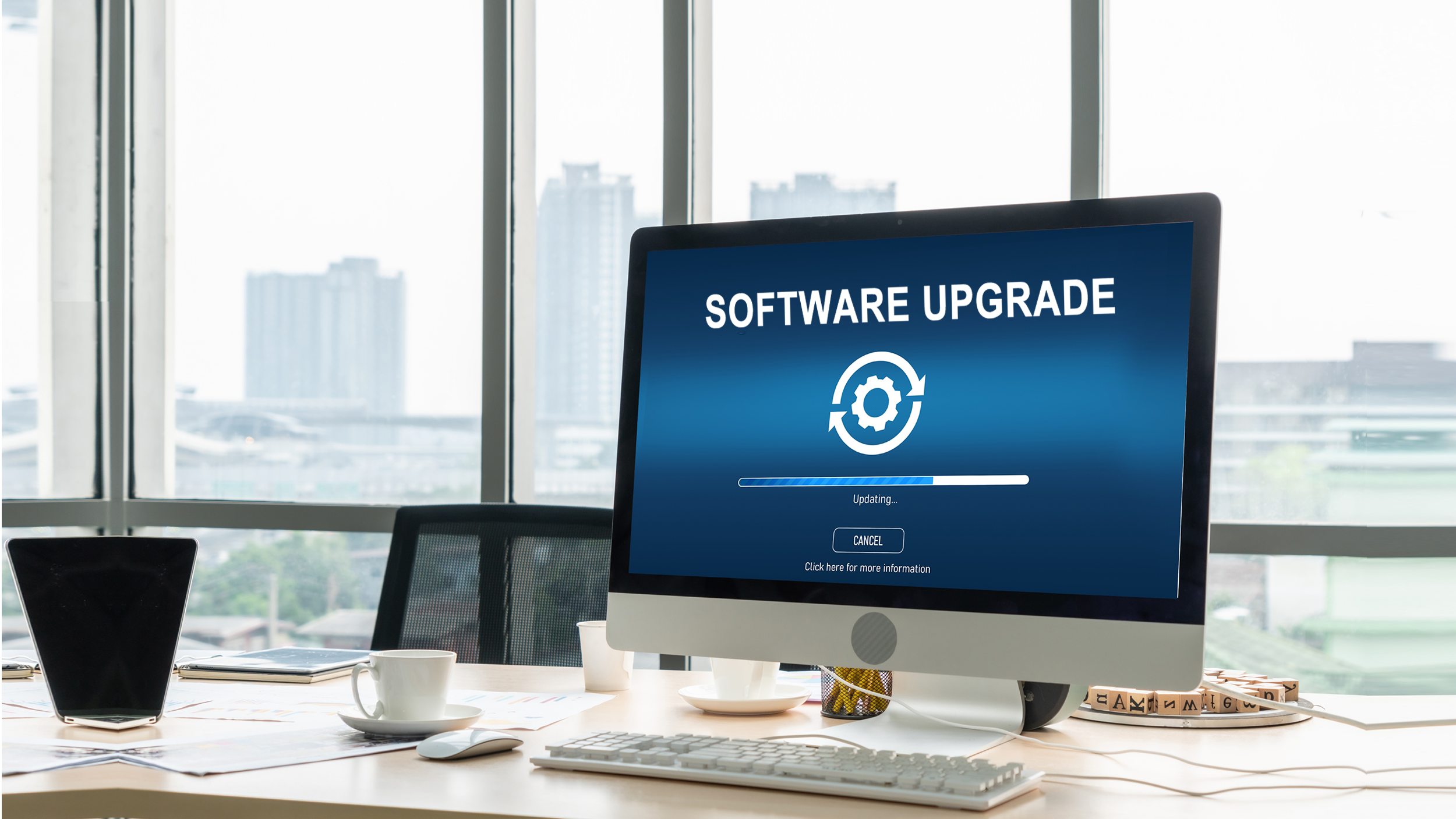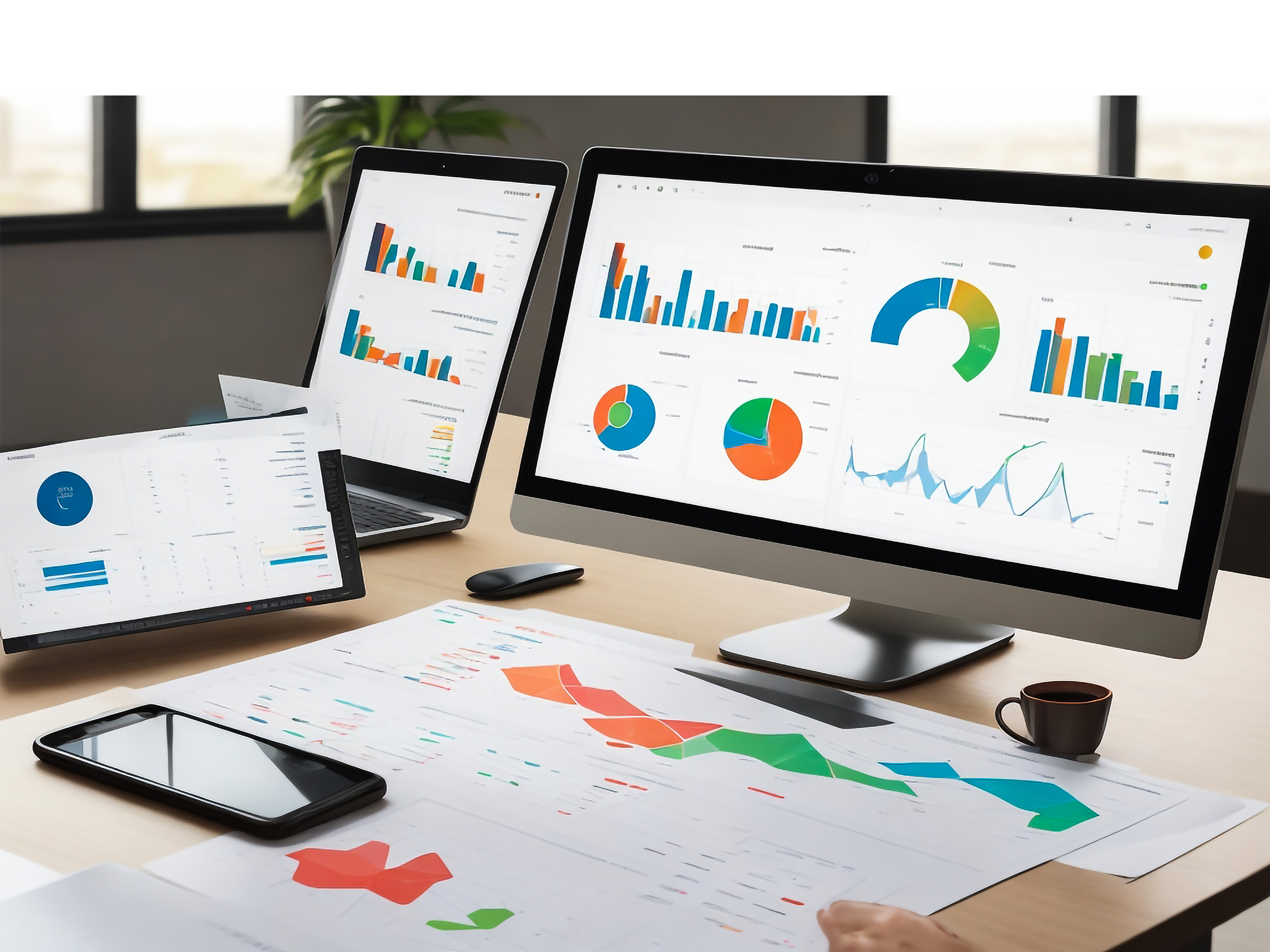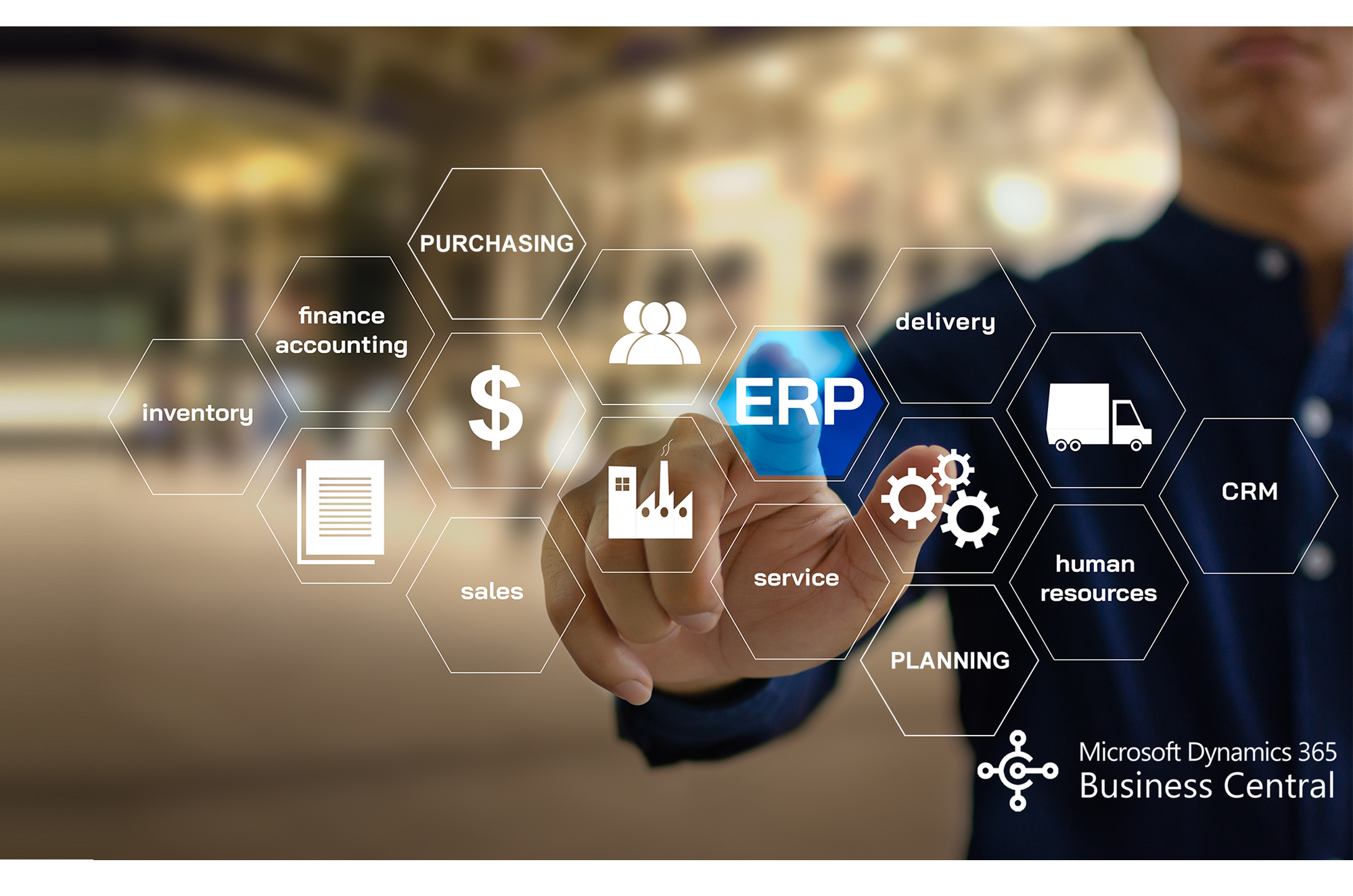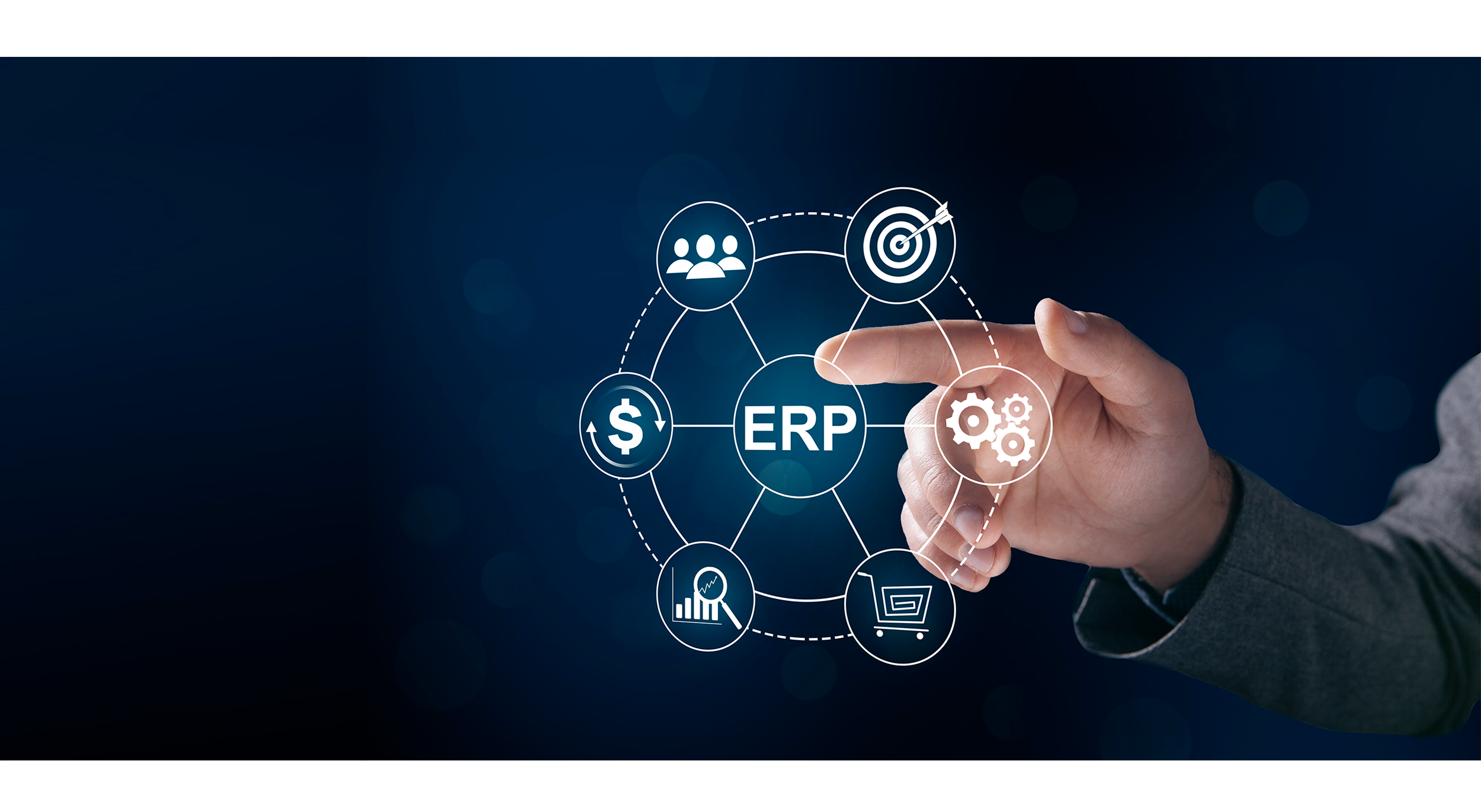Selecting the right Enterprise Resource Planning (ERP) software is a critical decision that can significantly impact the efficiency and success of your business. With a myriad of options like Microsoft’s Dynamics 365 Business Central available, it’s essential to approach this decision with a clear strategy and an understanding of your unique business needs. Here are some key tips to guide you through the process of selecting the perfect ERP software for your business.
Understand Your Business Needs
Before you start evaluating ERP solutions, it’s crucial to have a comprehensive understanding of your business processes, pain points and objectives. Conduct an internal audit to identify:
- The core processes that need improvement.
- Specific features and functionalities required.
- Integration needs with existing systems.
- Compliance requirements and industry-specific needs.
Set Clear Objectives and Goals
Define what you aim to achieve with the ERP implementation. Whether it’s improving efficiency, reducing costs, enhancing customer service, or facilitating growth, having clear objectives will help you narrow down the options. Your goals should be:
- Specific
- Measurable
- Achievable
- Relevant
- Time-bound (SMART)
Involve Key Stakeholders
Involving key stakeholders from various departments ensures that the ERP system will meet the needs of all parts of the business. Form a cross-functional team including representatives from finance, operations, IT, HR, and sales. Their input will be invaluable in:
- Identifying requirements
- Evaluating potential solutions
- Ensuring user buy-in and adoption
Evaluate Different ERP Solutions
There are numerous ERP systems available, each with its own strengths and weaknesses. Some popular ERP solutions include:
- Microsoft Dynamics 365 Business Central
- SAP
- Oracle
- NetSuite
Research and evaluate these solutions based on:
- Features and functionalities
- Ease of use and user interface
- Customizability and scalability
- Integration capabilities
- Vendor reputation and support services
Consider the Total Cost of Ownership (TCO)
The cost of ERP software goes beyond the initial purchase price. Consider the total cost of ownership, which includes:
- Licensing fees
- Implementation and customization costs
- Training expenses
- Maintenance and support fees
- Costs associated with future upgrades and scalability
Request Demos and Trials
Seeing the ERP software in action can provide valuable insights into its usability and functionality. Request demos and, if possible, arrange for trial periods. During this phase:
- Assess the user interface and experience.
- Test the key features relevant to your business.
- Evaluate the system’s performance and speed.
- Costs associated with future upgrades and scalability
Check for Scalability and Flexibility
Your business needs will evolve over time, so it’s important to choose an ERP system that can grow with you. Consider:
- How easily the system can scale to accommodate business growth.
- The flexibility of the software to adapt to changing processes and requirements.
- The availability of modules or add-ons that can be integrated in the future.
Evaluate Vendor Support and Reputation
The quality of support and the vendor’s reputation can significantly impact the success of your ERP implementation. Research the vendor’s:
- Track record and experience in your industry
- Customer support services
- User reviews and testimonials
- Financial stability and longevity in the market
Plan for a Smooth Implementation
ERP implementation is a complex process that requires careful planning and execution. Develop a detailed implementation plan that includes:
- A realistic timeline with key milestones
- Resource allocation and responsibilities
- A comprehensive training program for users
- A data migration strategy
- Risk management and contingency plans
Ensure Data Security and Compliance
Data security is paramount when implementing an ERP system. Ensure that the software complies with relevant regulations and offers robust security features, such as:
- Data encryption
- Access controls
- Regular security updates and patches
- Audit trails and monitoring capabilities
Conclusion
We at Robosol, with over 23 years of experience in implementing & supporting ERP software in over a 100 companies across industries, can help you in this process. Contact us for an expert consultation to know how.


